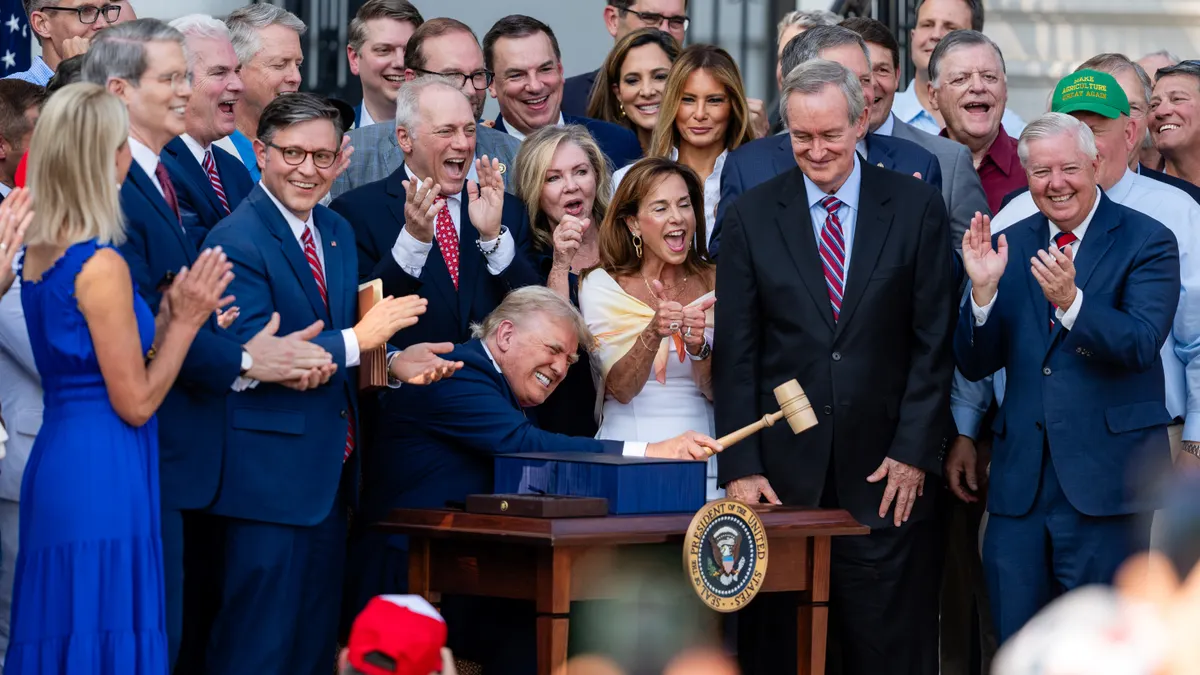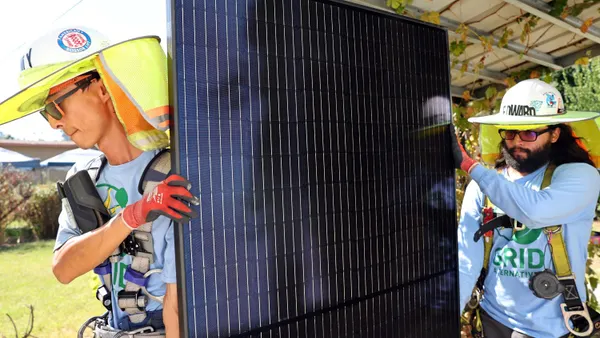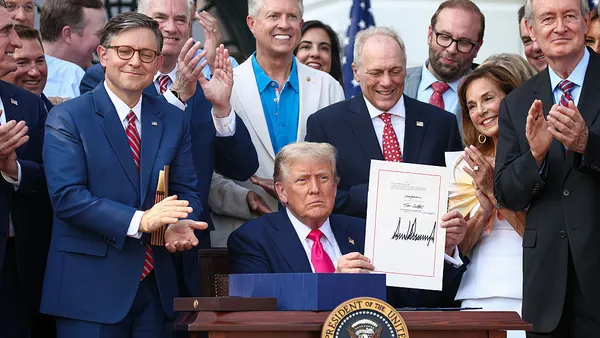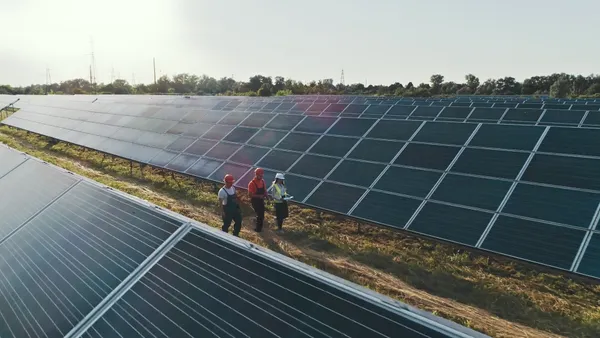A group of major retailers with headquarters or major operations in Indiana has joined Indianapolis and Bloomington in asking Duke Energy and AES Indiana to create a green tariff program in the state.
Utilities may offer the optional programs if approved by state regulators, allowing larger commercial and industrial customers to buy bundled renewable electricity through a special utility tariff rate.
The retailers involved are Coca-Cola Co., Cummins Inc., Rivian Automotive Inc., Roche Holding AG, Salesforce Inc. and Walmart Inc., with the Indiana Advanced Energy Economy, a trade association.
On Dec. 15, the AEE wrote on behalf of the group to Kristina Lund, AES Indiana president and CEO, and Stan Pinegar, Duke Energy Indiana Operations president, to request the utilities offer “options by which we can source our electricity from renewable resources.”
A news release from AEE said a green tariff would be especially helpful for “large energy customers” like the letter’s signatories, who want lower and less volatile energy costs.
Todd Marty, senior director of sustainability for bottler Coca-Cola Consolidated, which has several facilities in Indiana, said in the release that the company has a goal of reducing “energy intensity” by 2028 and green tariffs could help.
“As we continue to invest in Indiana, we’re hopeful the state’s utilities can offer electricity from more sustainable sources of energy, such as wind and solar,” he said. “Working with utilities in this way would help us meet our sustainability targets and help us potentially stabilize our energy costs over the long term.”
Caryl Auslander, Indiana AEE executive director, said in the release that states with expanded access to renewable energy are more attractive to companies, and that if 10% of commercial and industrial energy use in the state participated in a green tariff program, it could generate a $3.4 billion investment in renewable energy capacity.
“Many large energy use customers want to choose renewable energy and we’re asking Duke and AES to give them more options,” Auslander said.
The businesses told Duke Energy and AES Indiana that for a green tariff offering to be worth it, the program must be “competitive and cost-effective, have low transaction costs, offer long-term certainty for buyers without adversely impacting other customers and rely on new renewable energy sources to meet our sustainability goals.”
Duke Energy recently proposed new green tariff options in South Carolina, to cater to commercial customers who want to build their own renewable energy packages that provide 24/7 access to clean energy.















